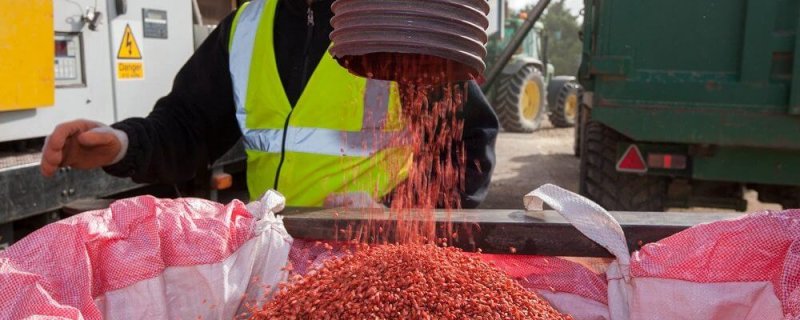Lawyers acting on behalf of the [National Farmers Union] are in court battling to overturn a ban on neonicotinoid pesticides, which have been linked to harming bees.
The appeal against the European Union’s ban on all outdoor use of neonicotinoids, brought by Bayer CropScience, began at the European Court of Justice (ECJ) in Luxembourg on Wednesday (3 June).
In December 2013, the European Commission announced a ban on the use of three neonicotinoid pesticides after scientists linked their use with harm to bees.
The ban covered the use of three active ingredients, Bayer’s imidacloprid and clothianidin and Syngenta’s thiamethoxam, for use on flowering crops considered attractive to bees, such as oilseed rape, maize and sunflowers.
The EU extended the ban in 2018 to cover “all outdoor use” of the three actives, including sugar beet.
…
Peer-reviewed studies have linked the use of neonicotinoids to a decline in bee populations, but the findings are bitterly contested by Bayer. It maintains that the studies were “carried out in artificial confines of a laboratory and are by no means representative of realistic field conditions”.
On [June 3], Bayer launched an appeal against the General Court’s judgment from May 2018 ….































